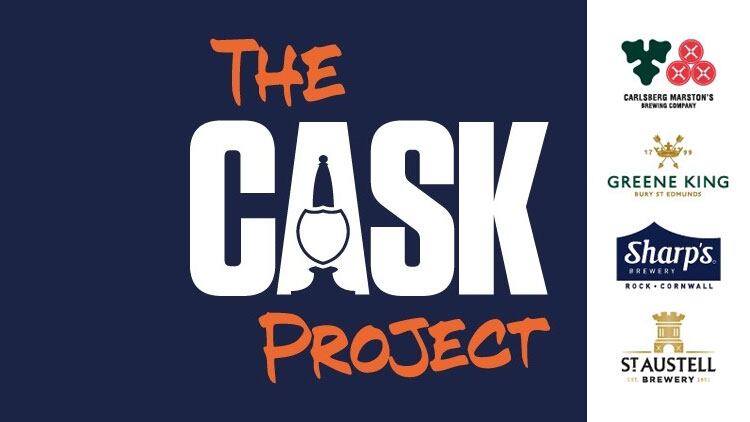This comes after the Rail, Maritime and Transport workers union (RMT) rejected train operators’ final 9pc pay rise.
Rail workers at 14 train operators are due to stage four days of walkouts on Thursday 16 March, Saturday 18 March, Thursday 30 March and Saturday 1 April.
National Rail staff are also planning to strike on 16 March and then will refuse to work overtime.
Industrial action over Christmas was described as a “death knell” for the sector, with operators including REKOM UK reporting battered trade.
However, recent rail strikes had a “lesser impact” on drinks sales than previous ones as consumers become accustomed to “adjusting plans”, the Drinks Recovery Tracker from CGA by NielsenIQ revealed.
Data from CGA also revealed drinks sales in the On Premise did not ground to a standstill throughout winter. Consumers still prioritised visits to the on trade during strike days, but adjusted their visits to suit their locations when working from home, and refrained from travelling further afield for leisure purposes. This resulted in a stronger performance outside city centres.
Understanding performance
GB Drinks client director Paul Bolton said: “While the data does suggest some negative impact due to the rail strikes, understanding the performance of categories across city, rural, suburban and town centre locations during rail strikes means suppliers and operators can look to put measures in place to mitigate sales losses.
“This entails ensuring a suitably targeted drinks range for consumers to maximise On Premise wet sales based on the trends we’ve seen so far across the latest series of rail strikes.”
The ongoing dispute is over pay, job cuts and changes to terms and conditions. Unions said any pay offer should reflect the cost-of-living – currently above 10%.
However, the rail industry is under pressure to save money after the pandemic damaged its finances. Bosses said reforms should be agreed, to afford pay increases and modernise the railway.
Ongoing dispute
The Rail Delivery Group (RDG), which represents train companies, made an offer which would have seen train drivers receive a backdated pay rise of 4% for 2022 and a 4% increase this year.
Aslef general secretary Mick Whelan said the proposal was unacceptable but added the trade body was willing to engage in further discussions.
Separately, Network Rail made an offer to other rail workers of a 5% pay rise in 2022 and a 4% pay rise in 2023.
RMT union boss Mick Lynch described the deal as "substandard" and its members have rejected it.




